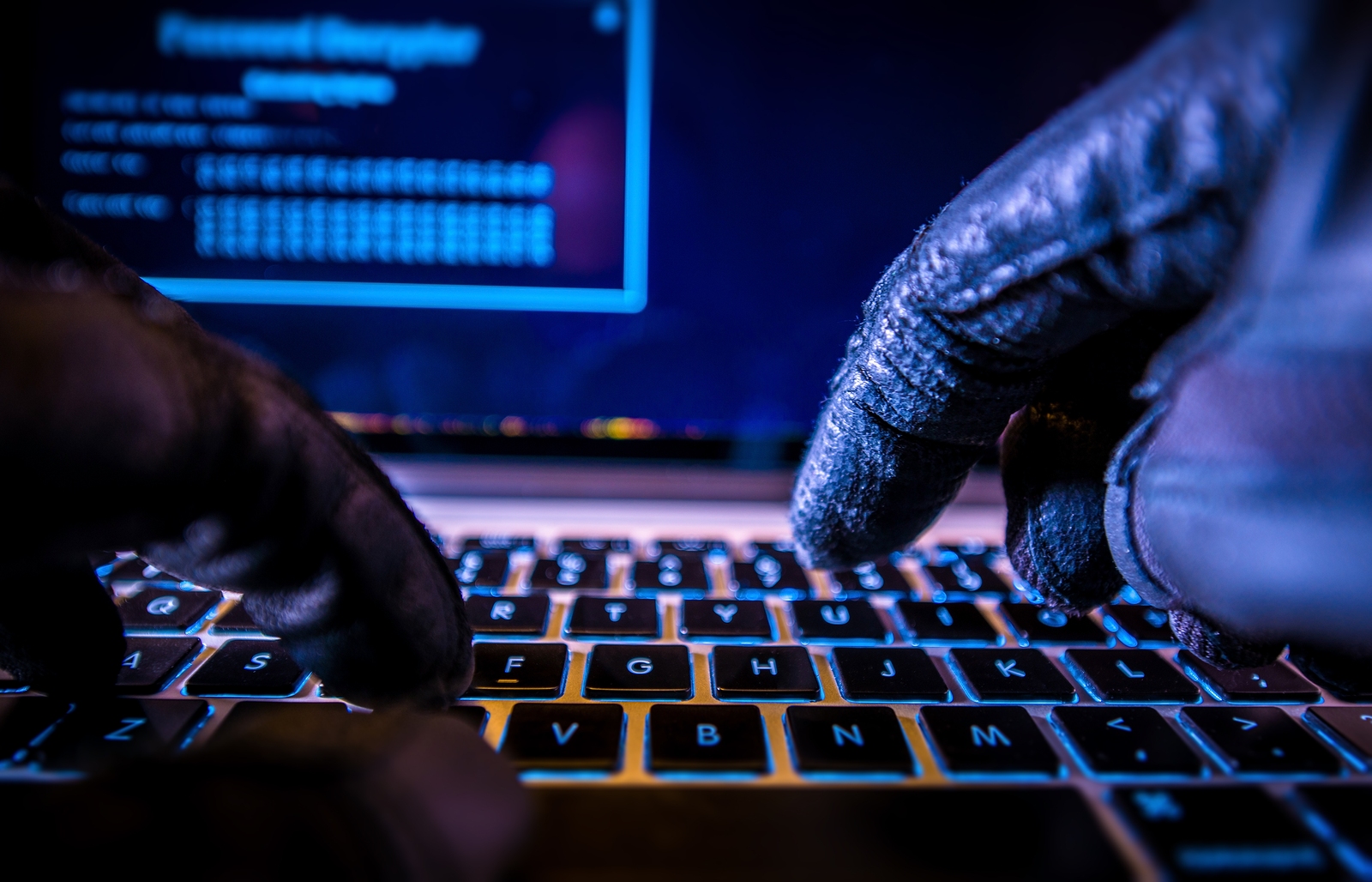Hacking fears haunt UK general election
Survey comes days after NSA blames Russian military for US election interference


Fears of election hacking have spread to the UK as the general public heads to polling stations today.
A total 40% of Brits are worried that the general election may be affected by hackers in some way, compared to 24% who aren't worried at all, a survey of 780 voters ran this week by antivirus firm Avast found.
The survey also asked whether respondents would trust an electronic voting system, with 52% saying they would not. The news comes the same week that a leaked US spy agency report alleged that Russian military intelligence targeted US voting systems days before the presidential election.
Pete Turner, consumer security expert at Avast, said: "The claims that Russian hackers have had some influence on last year's US presidential election has sparked a wave of scepticism around the safety of electronic voting here in the UK."
France withdrew electronic voting for citizens living abroad ahead of its parliamentary elections in March over hacking fears too.
Despite this, 30% of those surveyed said they were in favour of adopting the electronic vote for all voters. Avast said this may have been driven by factors such as "increasing voter turnout on days of inclement weather, and easing the process for UK nationals living abroad, who currently must vote through post or proxy".
Avast claimed that the survey shows that demand for e-voting was outstripped by concerns that it could be manipulated.
Sign up today and you will receive a free copy of our Future Focus 2025 report - the leading guidance on AI, cybersecurity and other IT challenges as per 700+ senior executives
Turner added: "The move to digital is a necessary part of evolving the electoral process for the benefit of the public. Rather than simply abandoning the move to e-voting, politicians need to reassure the public that, when the move to e-voting does take place, that the proper security measures are in place to ensure that the democratic process is not open to abuse."
There are currently no plans to introduce e-voting in the UK. The Conservatives, Labour and Liberal Democrats do not support implementing the electronic vote, though the Digital Democracy Commission has previously called for its introduction by 2020, while echoing worries over fraud and ballot secrecy.
More statistics from Avast showed that 67% of people surveyed were revealed to have abandoned social media sites, including Twitter and Facebook, as reliable sources of election news, following the US election's fake news issues, and only 15% of respondents believed that social media could be trusted in regards to the election.
Zach Marzouk is a former ITPro, CloudPro, and ChannelPro staff writer, covering topics like security, privacy, worker rights, and startups, primarily in the Asia Pacific and the US regions. Zach joined ITPro in 2017 where he was introduced to the world of B2B technology as a junior staff writer, before he returned to Argentina in 2018, working in communications and as a copywriter. In 2021, he made his way back to ITPro as a staff writer during the pandemic, before joining the world of freelance in 2022.
-
 Microsoft unveils Maia 200 accelerator, claiming better performance per dollar than Amazon and Google
Microsoft unveils Maia 200 accelerator, claiming better performance per dollar than Amazon and GoogleNews The launch of Microsoft’s second-generation silicon solidifies its mission to scale AI workloads and directly control more of its infrastructure
-
 Infosys expands Swiss footprint with new Zurich office
Infosys expands Swiss footprint with new Zurich officeNews The firm has relocated its Swiss headquarters to support partners delivering AI-led digital transformation
